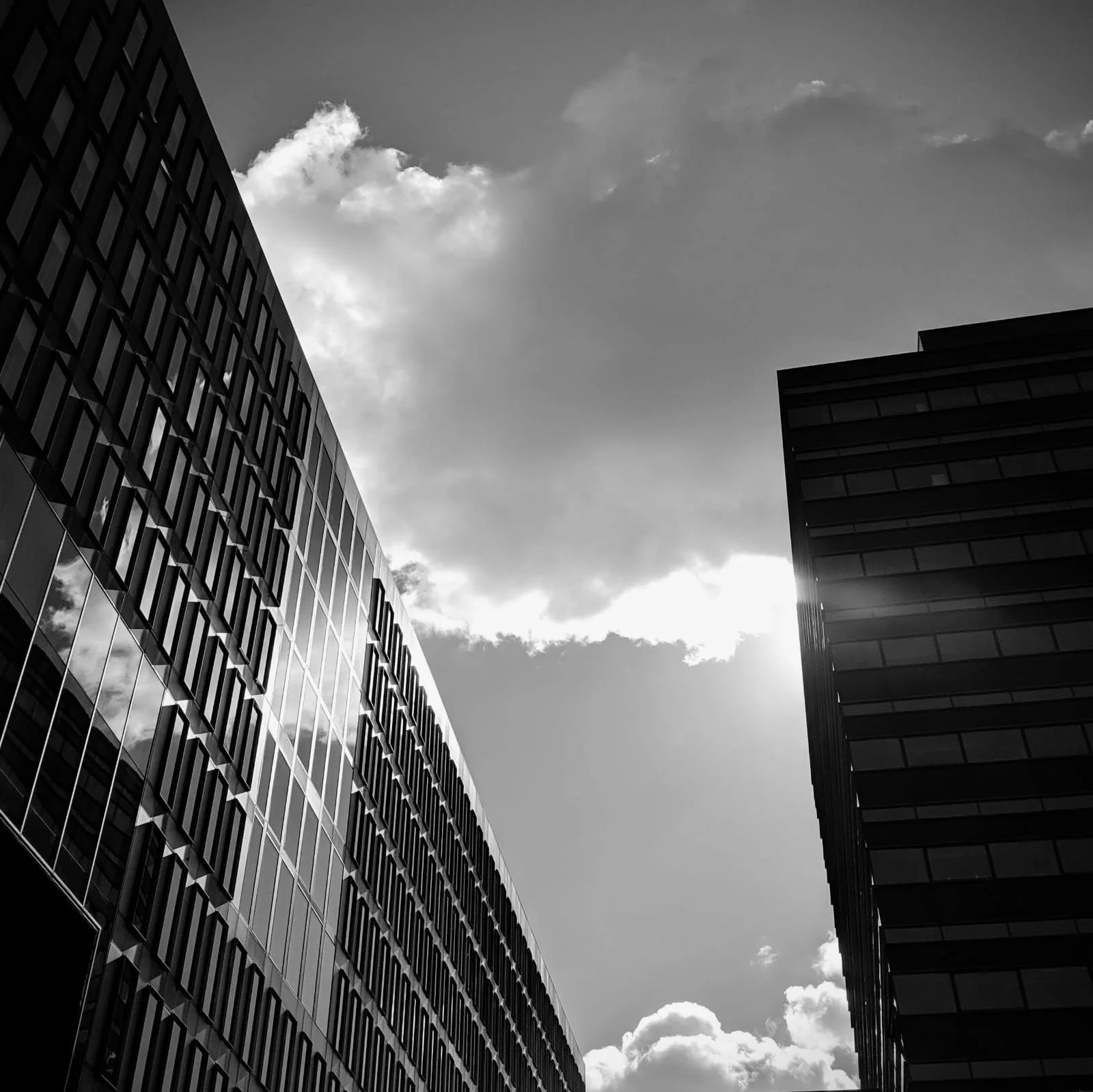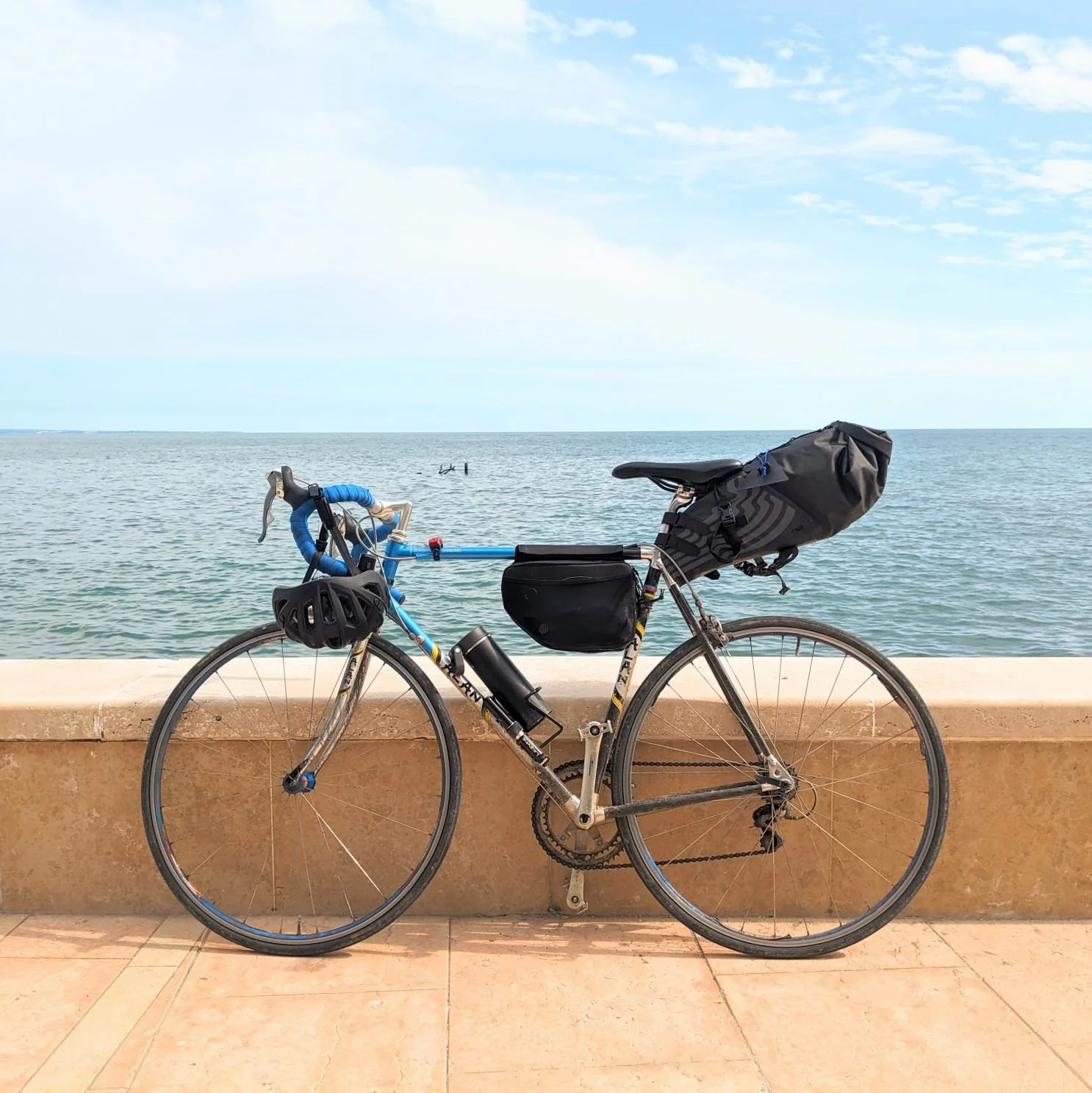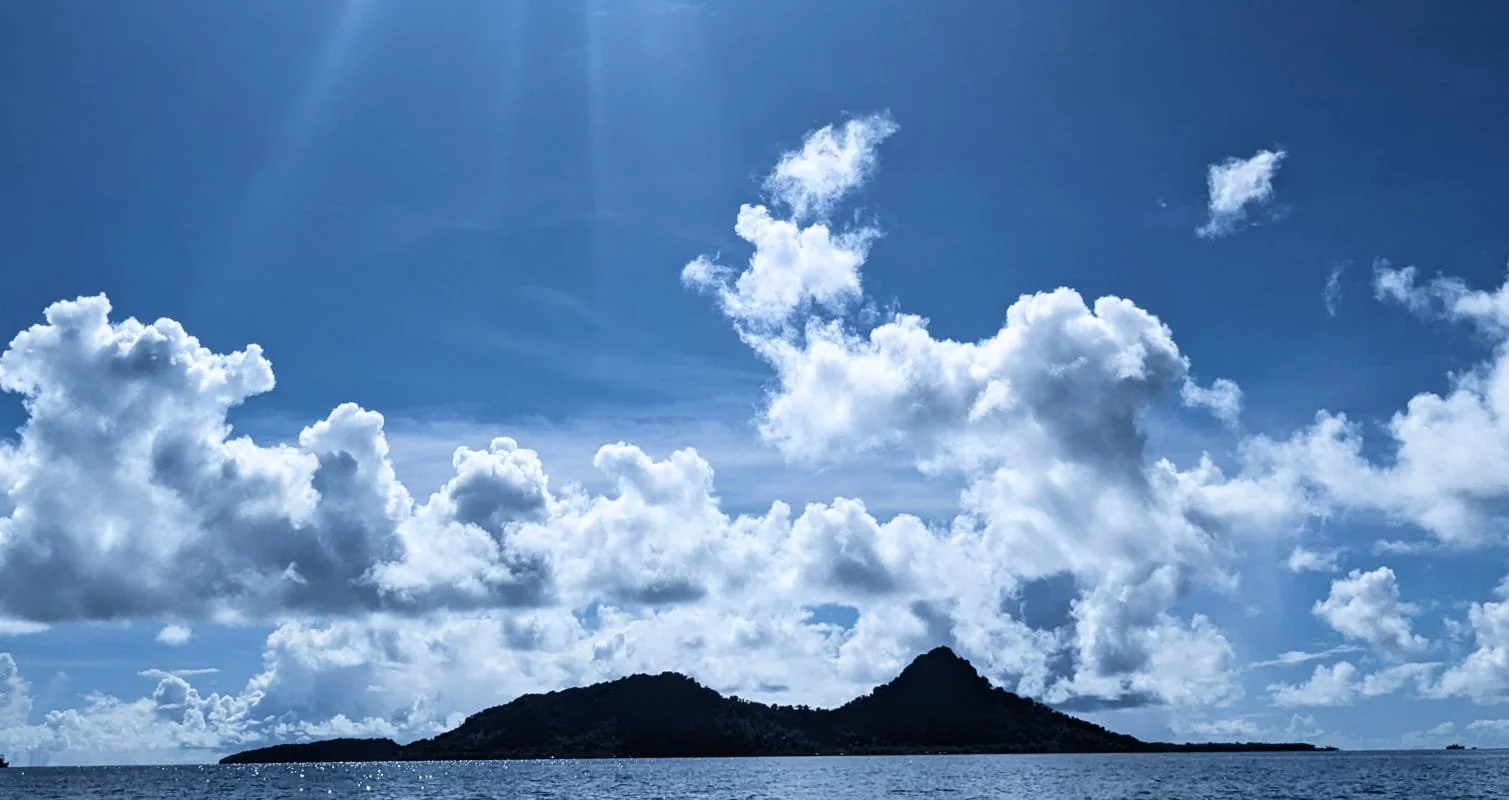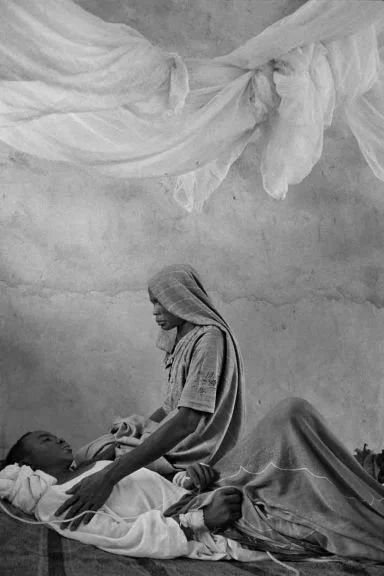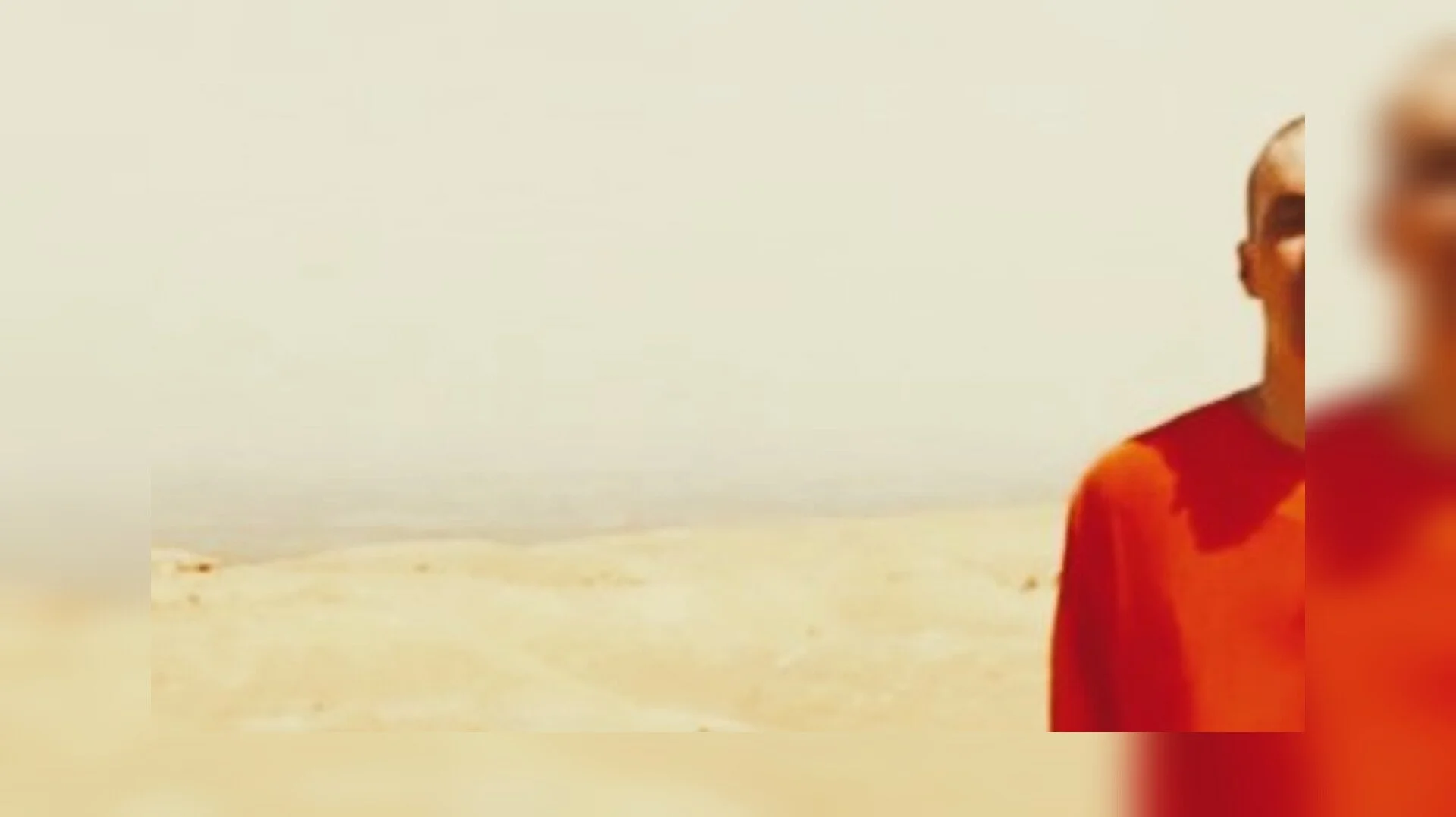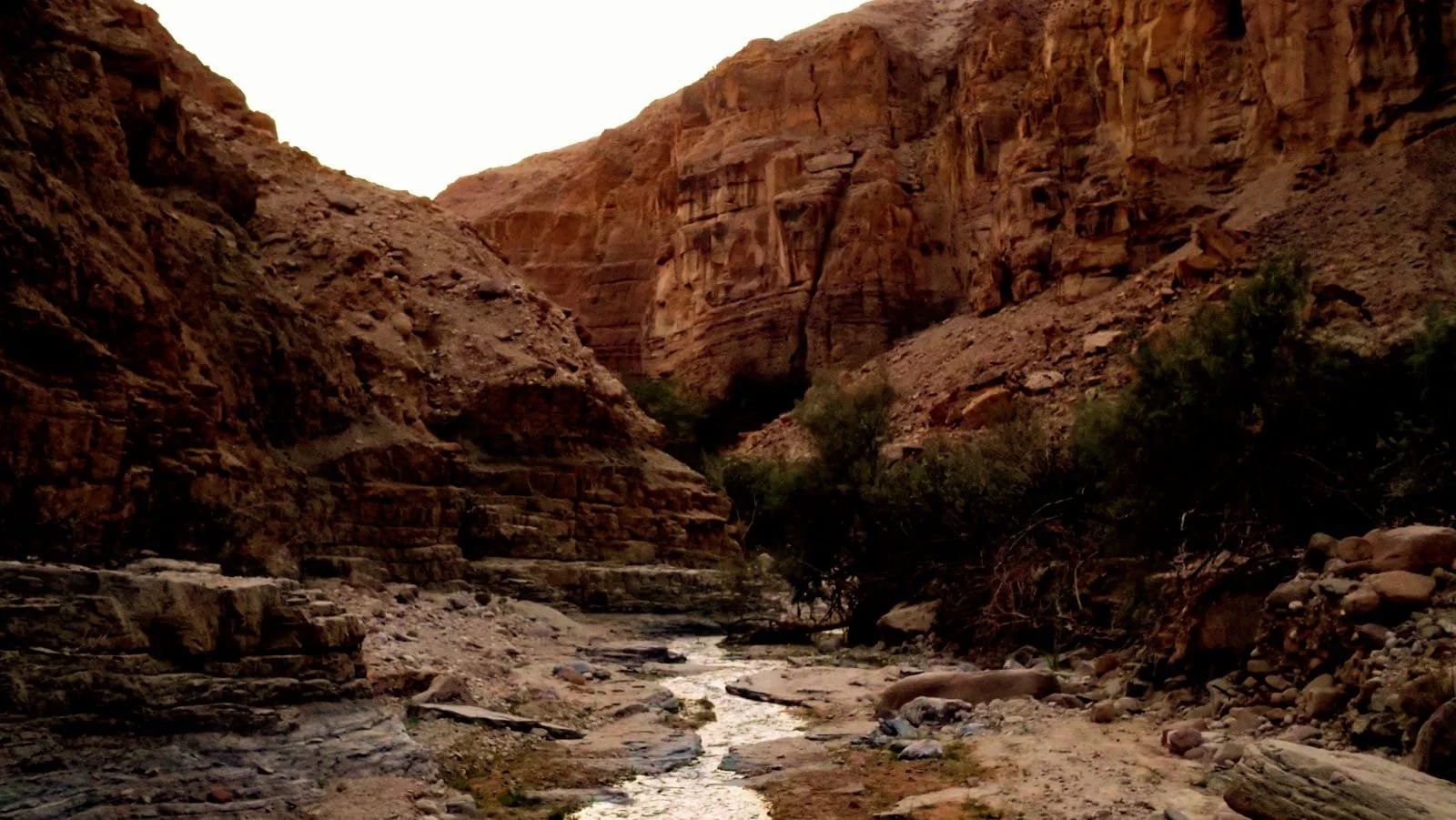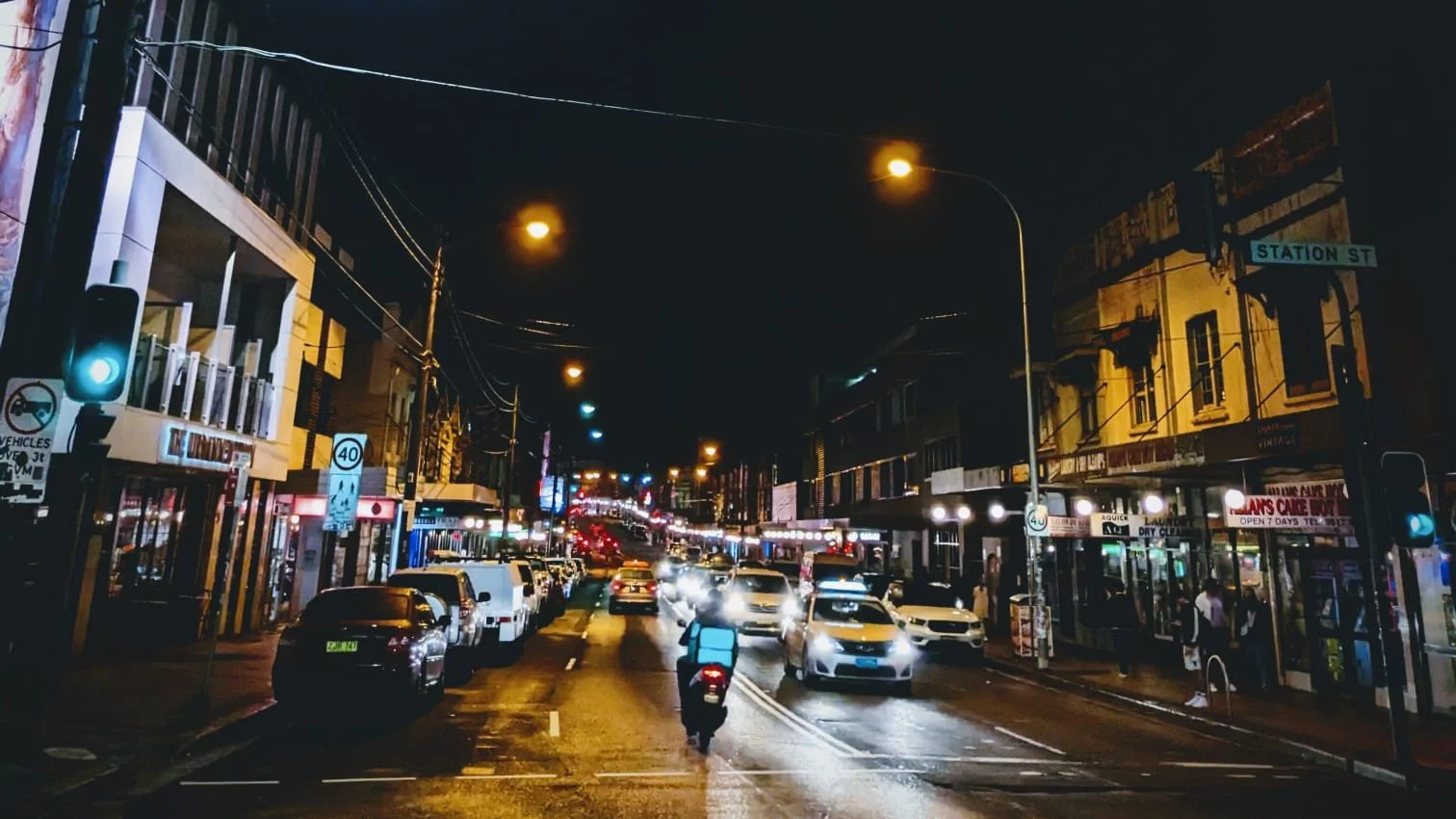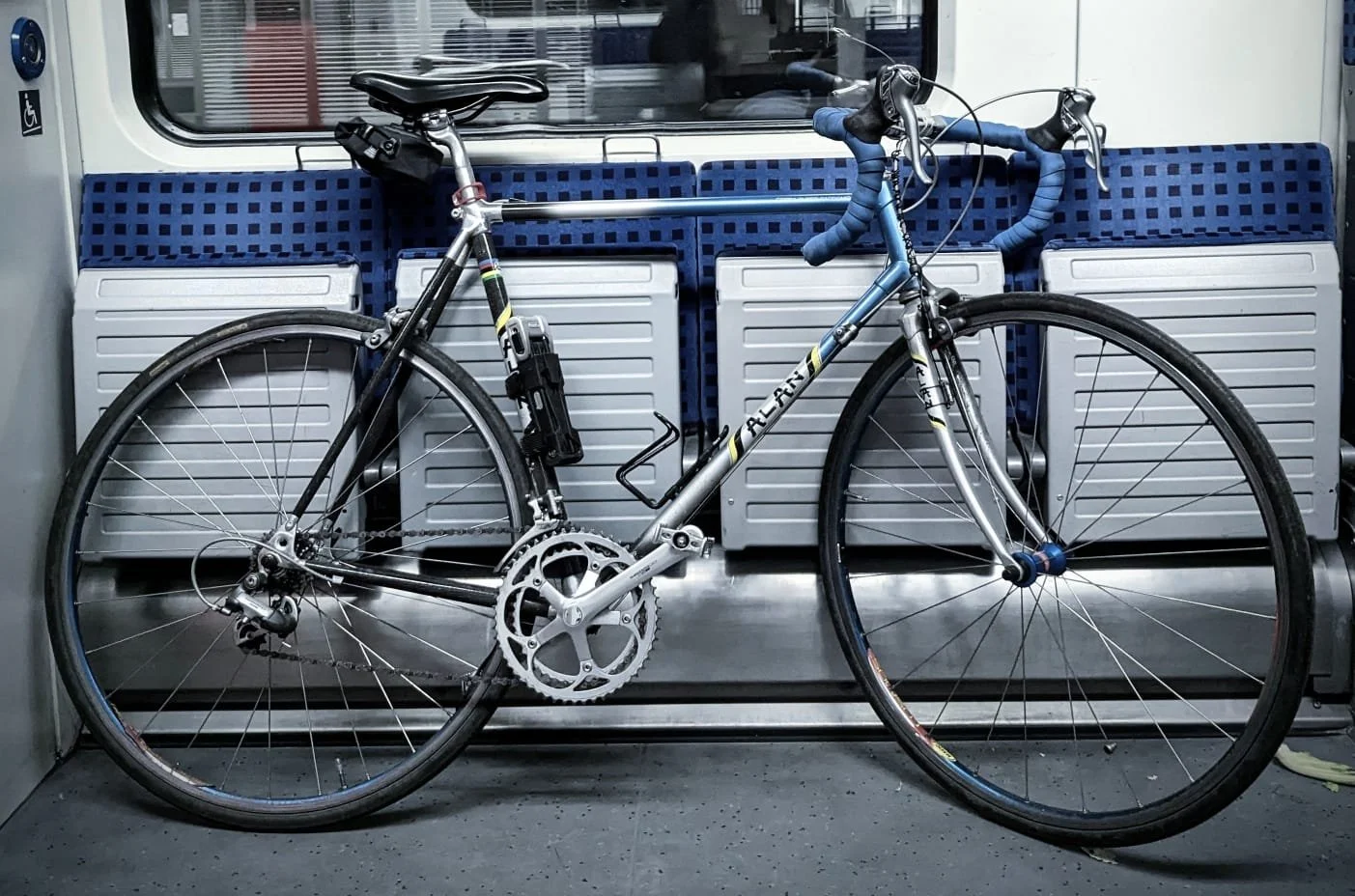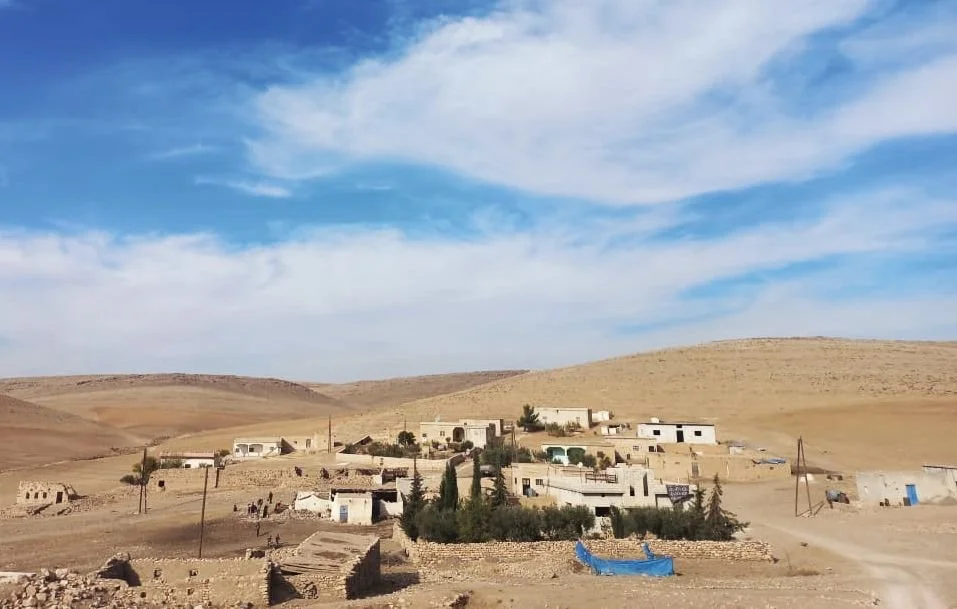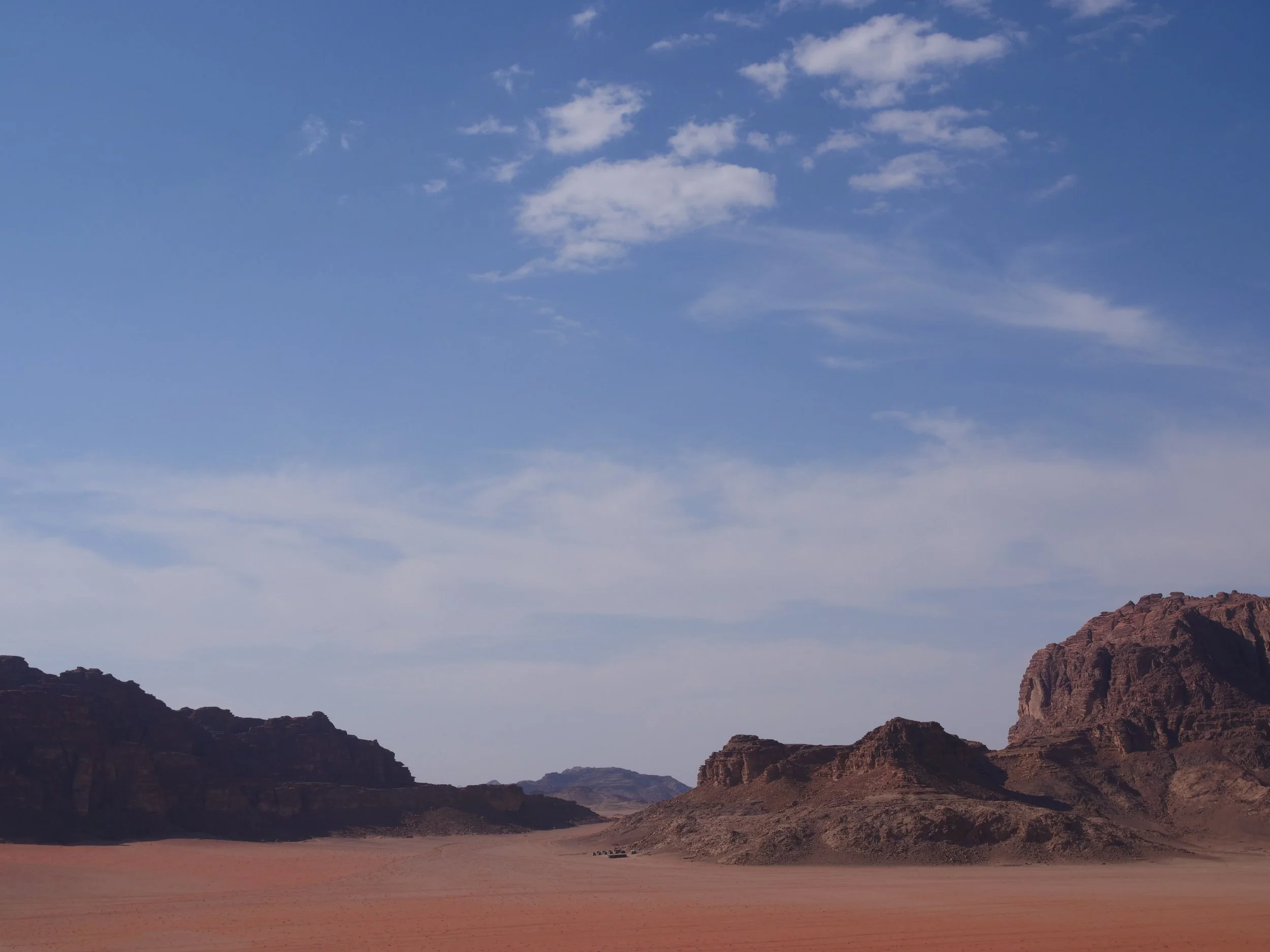I wake to a noteworthy hangover. Signs of last night are strewn about. Clothes and whatever remained in my pockets litter the floor and trail, crumb-like, to the bed. A stench of stale beer and piss wafts from the bathroom.
The bed groans as I lumber out. I heat the frying pan and drink a large glass of water. As the pan heats I drink another glass then crack three eggs over it. The eggs congeal and I unlock my phone. Leni's message is there from yesterday.
I know you probably will not reply to this. But I need to tell you anyway.
You really hurt me Franco. Everyone is saying you are an asshole. But for some reason I keep defending you. I told Mara it’s because I liked you so much. Because if you are an asshole how does that make me look, me being the one who liked you.
That is not true though. That is just me trying to keep whatever dignity I have left. I know the reason I keep defending you is because I still care about you. And that annoys me more. But it does not make it less true.
I want (and need) you to know it is really shit that you did not tell me you left. I know I deserved that much.
I close the message and lean heavily against the kitchen wall. Last night is fragments. I remember reading the message and trying to write a reply. I remember convincing myself that was the decent thing to do when you had dated someone for three months and then abruptly left her and the city where you had dated her.
I remember re-reading the message and feeling there was something definitive in it that I had not read the first time when I was sober and had not drunk four beers. I remember thinking it would be stupid to re-discuss an issue that had already been decided. I remember repeating that as I left the apartment to buy more beers because I had drunk all of mine. Then I remember nothing.
The eggs start burning and I snap back to attention. I take them off the stove and to the table. I am about to dig in but can't deny the impulse to take out my phone again. I don't feel that hungry after.
An hour later I heft Severino outside. Every weekend I have been doing long rides along the Rhine River. The idea came from checking the map and seeing the Rhine connected Köln to the other riverside cities of Bonn, Dusseldorf, and Duisburg. Locals called them the Rhine cities and together they constituted the industrial heartland of Western Germany.
I had already ridden to Bonn, famous for being West Germany's old capital. Today the plan was a ride to Dusseldorf. Of course, that was before I had received Leni's message. You should still go though, I think. It will distract you and you definitely need the distraction.
The ride out of the city is slow and I tuck myself against the cold. Winter had crept in over the last few weeks. Skies were a constant grey and the city seemed all cement. Autumn leaves which had lent pleasant shades of orange and brown to the streets were gone. Instead, brittle trees seemed even more brittle as their leafless branches shook with the bracing wind.
The bike lane is crowded with cyclists. I feather the brakes and overtake them by veering into the car lane. Bicycles are everywhere in Köln. Dedicated lanes are present on every major road and where there is no specific lane, cyclists zip along in the shoulder while cars gingerly navigate around them.
I park at a café enroute. The cappuccino hits quick and I enjoy the rising warmth in my chest. I drink the rest greedily then send Jasper a message.
Morning
for me atleast
leni sent the inevitable message yesterday
not doing well
I decided on a long ride to help
did you finally decide whether you're staying in southampton?
The road connects to the riverside cycle way. Cycle traffic clears and I lean into the drop bars until I am bent over the front wheel and shift into the highest gear. The pedals stiffen with increased resistance and my legs push hard against the buffeting wind. I love this part. It always feels like a plane taxing down a runaway accelerating for take-off. The bike seems motorized as a surge of speed propels me forward.
Severino has not disappointed. Despite its age, the bike moves easily as I throw it into corners and barrel down the tarmac trying to avoid tree debris on the road. I hurtle pass families taking a weekend stroll and eventually it is me not Severino who slows the pace. The throbbing in my head and lack of sleep are echoing through my body like a deep ache.
The cycle way ramps to a bridge and I get out of the seat to keep a good pace past a throng of locals who are looking off the side at the picturesque Rhine view. I steal a glance and smile at the dark blue slow-moving water. Riding next to the river always feels like an adventure. Like its winding waters are leading me somewhere hidden and obscure.
I shift back to the drop bars for the steep decline off the bridge so I can fully engage the brakes. The rushing air is cold but refreshing. I feel the calm I always feel after riding for a while. I am convinced it has to do with the honesty inherent in the activity. There is no way to lie when on a bike. There is no external motor to hide the effort you put in. Even on the top end models the relationship between how hard you pedal and how fast you go remains stubbornly intact.
This honesty stretches to other things too. It's very difficult for me to lie about anything once things have been stripped down to the simple quotients of a bike ride. I have been on Severino for only thirty minutes but already I know why I didn't tell Leni I left. It was because I didn't want to entertain the idea of staying. And I knew that if I told her, or even talked to her about it, I would entertain that. And I just couldn't stay in Berlin. I really couldn't.
The cycleway cuts away from the river and joins a country road. The temperature drops further as Koln is left behind. The grass next to the road is lightly frosted and has a white hue. A couple pass and stare at me with grim expressions as they hold each other for warmth. I try not to smile at them. It always confuses me how much locals disliked winter. They seemed to take the growing cold as a personal affront and postered the disproval on their faces.
A bench approaches and I take the opportunity for a break. I have packed some bananas and I chew through them with gusto before checking my phone. Jasper has replied.
hope her message wasn't too bad
though you do deserve it franco
long ride is good
find the beauty again etc.
I’ve decided to leave southampton
feels like I am going backwards here
as if our student life is repeating
I have a plan to try for belgium
because honestly I was happiest there
who knows how that will go though
I pour some water into my hand and wipe the sweat of my face and back of my neck. Then I take my helmet off and run the water through my hair too. It is jarringly cold but the tiredness fades out of me. After drying both hands, I pick up the phone and message Jasper back.
seems we are both not doing well
just go for belgium
seems obvious from where I am
which is a bench in the middle of the german countryside
besides
since when don't we go for long shots?
Another grimacing couple passes. They would probably be offended if I told them I liked winter. To me, the change in temperature was a welcome reminder of passing time. The pale and underlit days a fitting counterpart to summer sun-drenched evenings. I even enjoyed how the pale light made everything seem tragic instead of beautiful. That was more interesting as far as I was concerned.
The country road continues in a monotonous line. Disused farmland is on either side and the sky looms too large against the flat horizon. Cycling wise it is a straight grind. I let rhythm take over and drop my weight onto the hood covers so I am still slightly upright and comfortable. The road beneath passes fast and I divide my focus between keeping the pedal momentum and scanning the road ahead for obstructions.
Berlin was meant to be a place to re-adjust after the years I had spent in conflict zones. Life back then had only consisted of developing emergency response plans to forecast what would happen if the worst did happen and then responding to what probably was the second worst thing to happen. Each month passed with us hoping that the updated evacuation protocol would not be used.
Berlin was meant to be the solution. But I had no idea what I was doing when I went there. I did not realize all that time in conflict zones had caused me to diligently groom worse and worse coping mechanisms which eventually became anything else that let me ignore the chaos around.
I went to Berlin ignoring all that. I arrived expecting to become that version of Franco who had not left a stable home to travel to those chaotic places years ago. I studiously set up everything to make it so. I got a sunny and reasonable sized apartment. I met a girl who had an interesting job and wanted to recommend me interesting books. I bought a sensible bike and together she and I went out on the weekends when the weather was good or spent the day inside reading when the weather was bad.
I so wanted to be that version of Franco. For him to be the solution. A version of me who finally seemed content with his life and did not feel an incessant and persistent need for something he could not articulate.
But that version of Franco never emerged. Instead, all those perfectly groomed ways to sabotage myself were set free. And I didn't have security curfews or movement restrictions to curb my evenings. I could go all night. Alcohol was also no longer the only way I could dissociate. There was a whole heap of recreational drugs. There were even some new ones that had become popular while I was in the field.
My speed is solid now. I imagine the excess from yesterday has been sweated and eked out of my body. I visualize the purity of my wrung-out form and pump the pedals wanting more to be removed. The countryside fades quickly with the pace and signs of suburbia begin emerging. Dusseldorf is getting close now.
Hulking metal structures appear on the left. Cement roads leading to cement plants. Block drab structures built for rudimentary intentions. I enjoy their inelegance. These places feel hidden. Like the vast sewerage networks that transport our collective shit, these places function for some distasteful purpose and are hidden precisely for that reason.
I need to message Leni. The bike's honesty has prevailed. I would find a bar somewhere in Dusseldorf to do it. Leni did not need to be involved in my personal farce. All she was given was the version of Franco I was trying so ardently to be but wasn't yet. Perhaps she saw past it and gave me the benefit of the doubt. Either way it wasn't her fault. Yet, she had been one of the biggest impacted.
Dusseldorf appears on the horizon. To get into the city I would need to get onto the Flehe Bridge. I check my phone and see a curved path through the neighbouring town that will connect me. I pass through it at speed and barrel up the bridge onramp.
The city skyline looms in front and I see old town lit up. The Rheinturm tower rises prominent next to it and divides the city. At the middle and highest part of the bridge, I can see the Rhine again and how it curves past the city's western edge. Then the bridge ramps down and the view is forgotten as the rushing ground in front becomes the only thing of importance.
My favourite moment of arriving in a new city is not when you first enter. It is when you first blend in. Coming of the bridge most pedestrians stare strangely at me wondering where I came from looking so windswept and exhausted. But as I ride through the outer suburbs to the populous center, most people just assume I am another university student or worker commuting back home. I enjoy that slotting-in feeling. The gradual process of becoming unnoticeable.
In the old town there is a line of Irish pubs side to side. I park Severino on the street and find the emptiest. There is a seat at the bar and I order a beer. It comes and I read Jasper's reply.
I agree with your suggestion
the longshot is a job working for an old professor in brussels
your location makes me jealous
everything is clearer in the middle of the countryside
also
what are you going to do about leni's message?
There are only regulars at the bar. Their shoulders slump in familiarity with the place. Most make a show of watching whatever sport is playing but I see they are really just there to drink. I imitate them and rest my elbows forward and sip the beer slow. The high of the ride is ebbing away. In its place is what was there this morning and the night before that. Messaging Leni seems less easy now.
I take a big swig of beer and quickly start typing.
hi
guess I need to reply
now that you've said I definitely wouldn't
but bad jokes aside
I just want to say sorry
and I really mean it
I guess you want to know why I left, so let me try to answer that
in a shitty attempt to demonstrate my sorry-ness
do you remember the fight we had before I left?
you were annoyed because I was coming over hungover all the time
and I gave this whole spiel about how I felt like I was in two berlins
one that enjoyed quiet nights with you
one that went out till whenever and did whatever
I know you didn't like that response, it was obvious from your reaction
but you were right, in a lot of ways I was using our relationship as an excuse to better myself
but is that so wrong?
you brought out the version of me that I needed to know better
and I was and still am very appreciative of that
but in the end, I think that's all you could do
bring out that version
you can't help me become it, that's my job unfortunately
anyway, that's a long way of saying I left because I just couldn’t take those two versions of Berlin competing with each other
hopefully I can figure out a solution to that
but in the meantime I'm really sorry for involving you in it all
you definitely didn't deserve it
and I guess there's not much else to say after that
I read it through and finish my beer. The bartender takes the empty glass and looks over expectantly. I nod and ask another then stare at the screen some more. At least it's true, I think finally. There is not much else to say.
